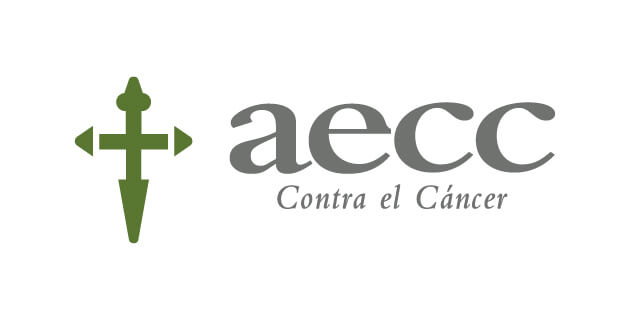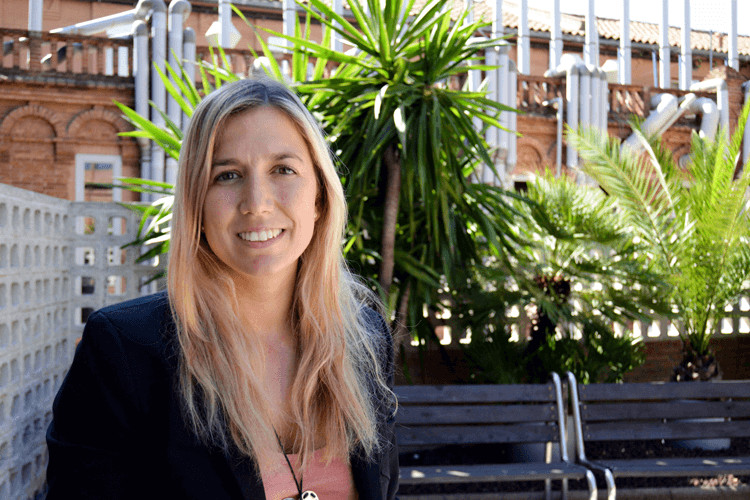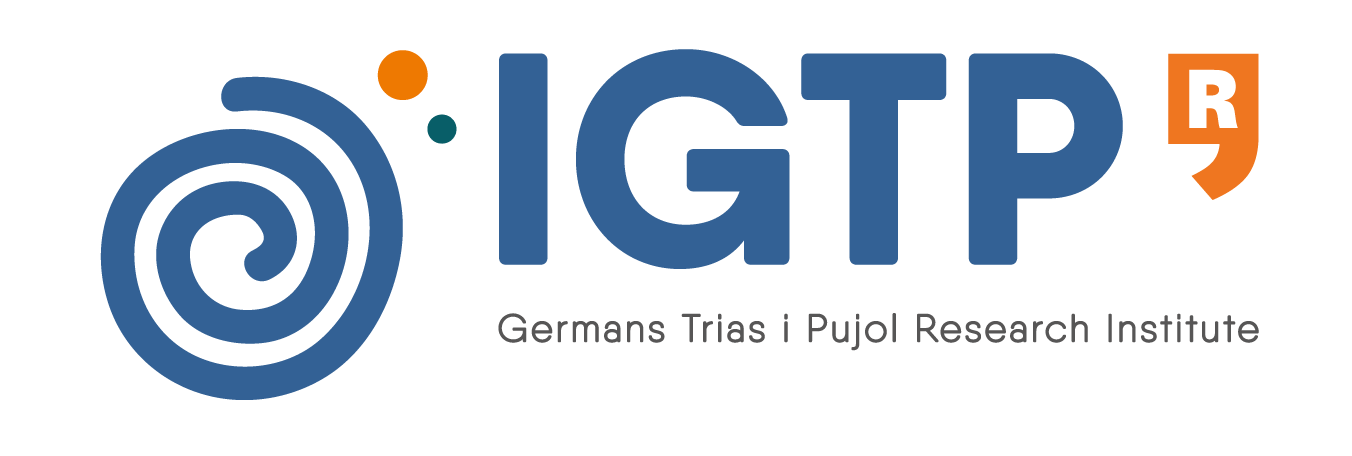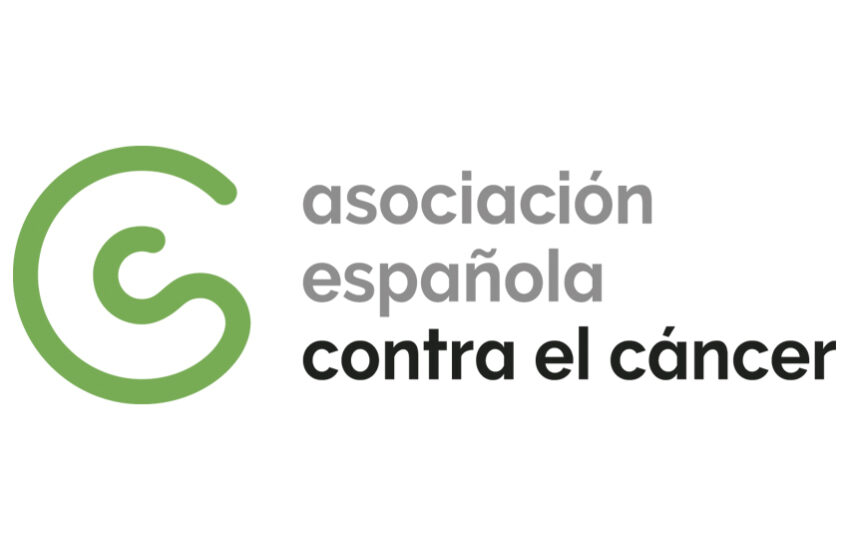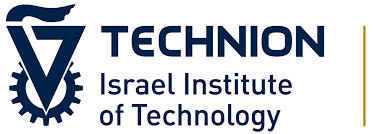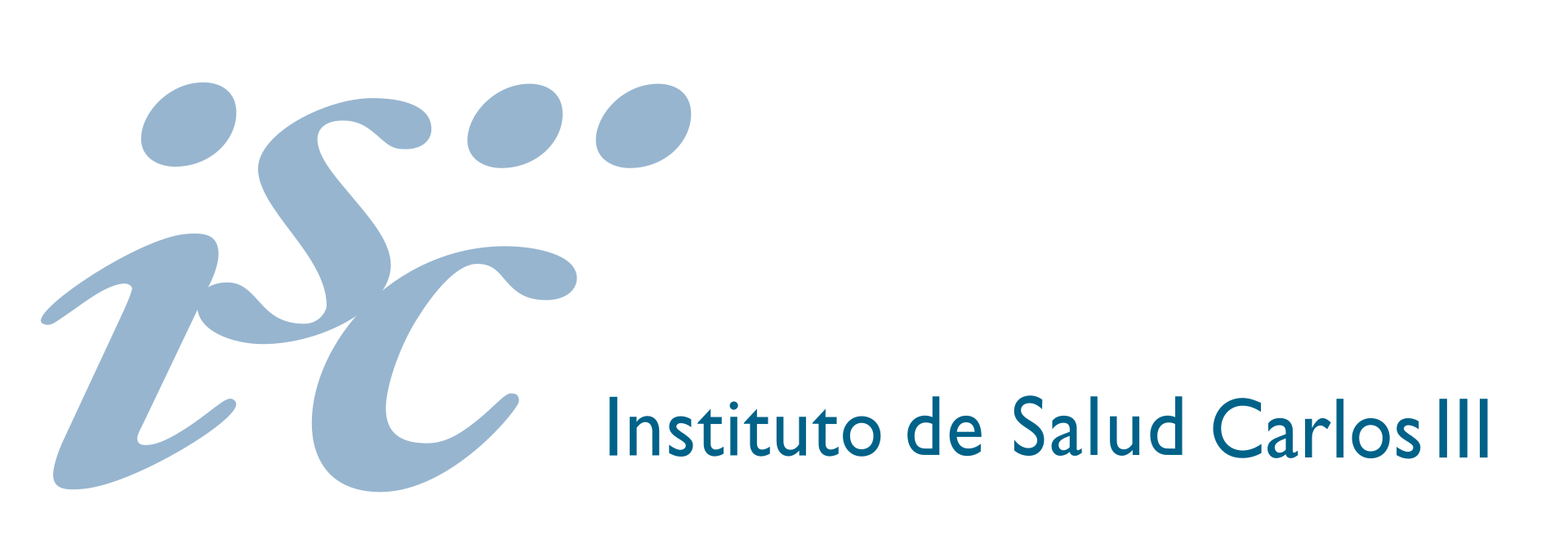New personalized therapeutic vaccine for lung cancer
With the Covid-19 pandemic, mRNA vaccines experienced a clear before and after and went from being a technology seen as “science fiction” to becoming a reality in clinical practice. These vaccines have been essential in combatting Covid-19, and now there is an opportunity to use therapeutic mRNA vaccination in other areas of medicine, such as the treatment of Non Small Cell Lung Cancer (NSCLC), a type of cancer that presents resistance to many treatments and has very high mortality rates.
Dr Cristina Fornaguera, a researcher with the Materials Engineering Group (GEMAT) at IQS, is leading the European TumorOUT project, which aims to design a therapeutic vaccine for lung cancer based on the revolutionary technology of mRNA vaccines with polymer nanoparticles to achieve efficient personalized therapies.
TumorOUT forms part of the European TRANSCAN-3 call for research projects on cancer immunotherapy, entitled “Next generation cancer immunotherapy: targeting the tumour microenvironment.” The project is being supported by the Scientific Foundation of the Spanish Association against Cancer (FCAECC) and the Carlos III Health Institute.
In addition to the GEMAT group at IQS, this consortium is formed by other leading research centres and universities across Europe: the Germans Trias i Pujol Health Sciences Research Institute (IGTP) in Badalona; the Universitätsklinikum Erlangen and Bielefeld University, both in Germany; the Université de Montpellier in France; and the Institut Technion in Israel.
Project objectives
The IQS group relies on the experience gained by the group led by Dr Cristina Fornaguera and Dr Salvador Borrós in developing mRNA vaccines in the CoviNanoVax project, in which they were able to develop polymers created by the group to selectively transport the mRNA to its place of action.
Now, in the new TumorOUT project, the vaccine will be the main component, but other immunomodulators that can attack different mechanisms of the tumour will also be included to achieve a holistic treatment focused on different mechanisms of the tumour microenvironment.
Thus, the contributions by the IQS GEAMT group on this project will consist of preparing new polymers with specific functionalization aimed at dendritic cells – those that the vaccine must attack – and their subsequent use for formulating nanoparticles with the required quality attributes.
These nanoparticles will encapsulate the therapeutic mRNA that will be encoded by a cocktail of antigens, defined in relation to the study of human samples carried out by the IGTP group. The nanoparticles will be further characterized in detail by the group at Israel’s Technion Institute.
The next step will be to carry out in vitro immunization safety and efficacy studies, which will be done at the University of Erlagen. The group at the University of Bielefield will study biodistribution in mice models, which will lead to the next preclinical phase that will be conducted by the group at the University of Montpellier.
“Through this project we will be able to establish the foundation to produce a therapy that is not only 100% personalized, but that also considers the unique needs of different patients, thereby obtaining improved efficiency and eliminating adverse effects,” stated Dr Cristina Fornaguera, the coordinator of the project.
Regarding IQS-URL, the project is being jointly financed by the Carlos III Health Institute and the Scientific Foundation of the Spanish Association against Cancer, within the framework of the European ERA-NET TRASNCAN-3 program.
RELATED PEOPLE:
RESEARCH GROUP
Materials Engineering
Chemical & Synthetic Biology for Biotherapies
RELATED PROJECTS
TumorOut (Innovative mRNA vaccine against lung cancer)
